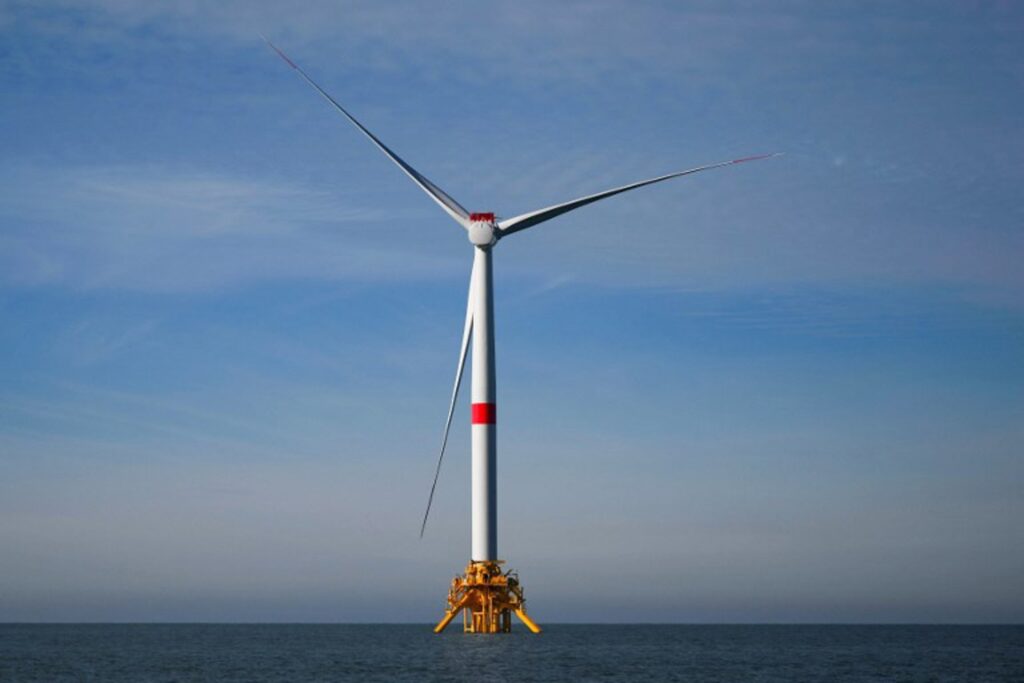Germany’s renewable energy output surpassed fossil fuels for the first time in 2023, according to a report released on Tuesday.
Renewable energy accounted for 55% of national electricity production last year, up from 48.42% in 2022, the German energy regulator, Bundesnetzagentur, reported.
Wind power contributed significantly, providing 31% of the country’s energy, while solar power and biomass accounted for 12% and 8% respectively.
On the other hand, coal usage dropped to 26%, down from 34% the previous year. This followed a boost in coal usage after a halt in Russian gas supplies due to the Ukraine war.
An ambitious drive to switch from coal is one of the primary challenges facing Germany’s energy transfer. The German government is aiming for 80% renewable energy consumption by 2030.
Gross electricity consumption differs from production as it includes both import and export figures.
By December 2023, renewables made up 52% of Germany’s electricity consumption, according to the sector federation.
Throughout 2023, Germany’s electricity consumption decreased for the second consecutive year by 5.4% and production dropped by 9.1%.
Nuclear production also fell dramatically, with the last three reactors closing, resulting in an almost negligible 6% contribution.
Coal-based electricity dropped dramatically by 36.8% for hard coal and 24.8% for lignite. However, gas usage increased by over 31%.
Energy providers switched to cheaper gas-fired power plants in 2023 following a decrease in gas prices and high CO2 costs, the regulator explained.
Germany also significantly increased its electricity imports, purchasing 54.1 TWh from neighbouring countries, compared to 33.2 TWh in 2022. The majority of imports came from Denmark and France, while the primary export destinations were Austria and France, with 42.4 TWh of electricity exported.

